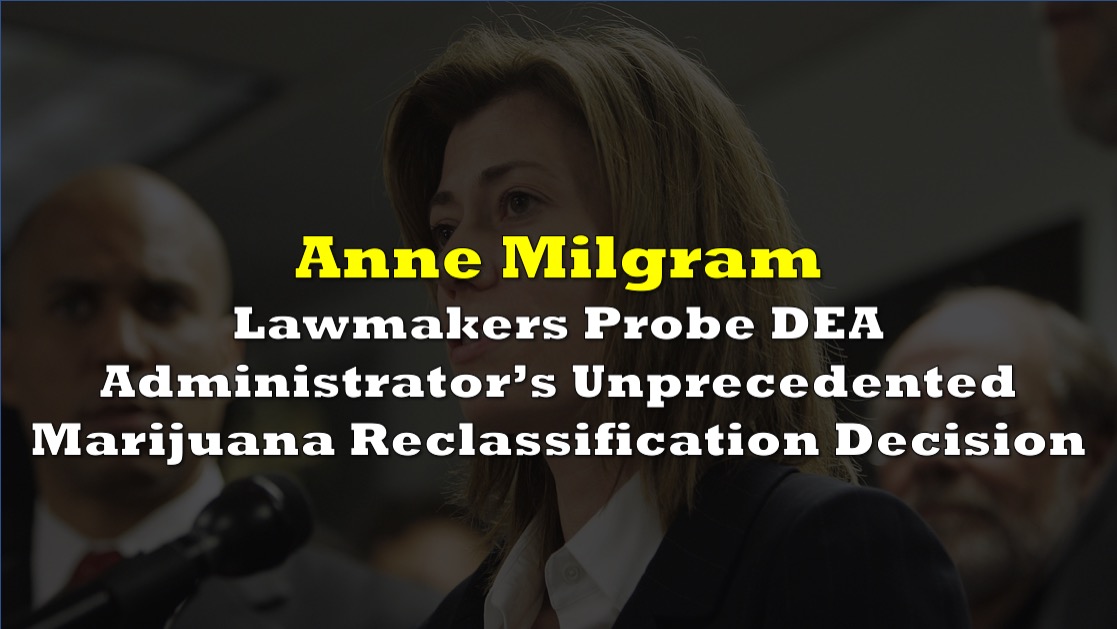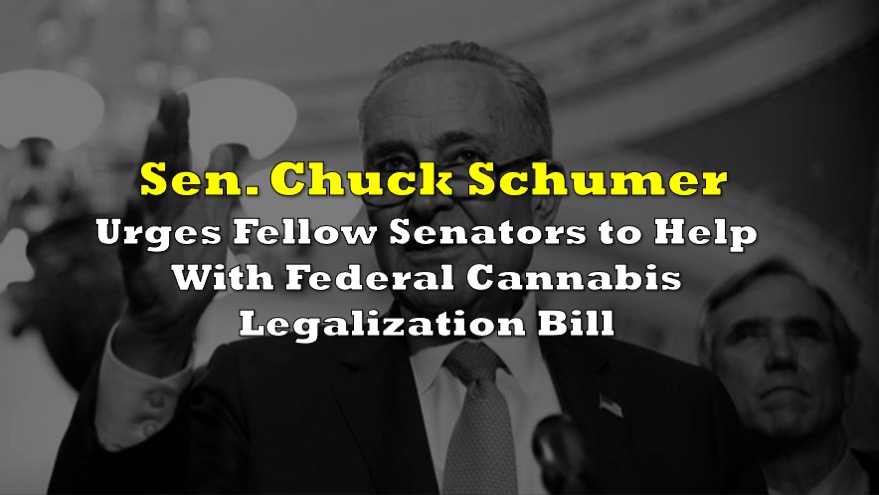Republican Rep. Andrew Clyde has raised serious concerns regarding the Biden administration’s move to reclassify marijuana. Clyde’s concerns were directed towards DEA Administrator Anne Milgram’s refusal to answer questions about the reclassification process during a budget hearing. The controversy centers on why Attorney General Merrick Garland signed the reclassification order instead of Milgram, breaking long-standing precedent.
In a detailed letter to Milgram, Clyde, along with Rep. Ben Cline, expressed their dissatisfaction with Milgram’s decision to withhold information from Congress. They highlighted that, according to the Administrative Procedure Act (APA), the DEA Administrator should not use legal restrictions as an excuse to avoid answering Congressional inquiries.
“Under the Controlled Substances Act (CSA), any drug classification is required to go through the formal rulemaking process outlined in the Administrative Procedure Act. The APA does provide for certain restrictions on ex parte communications by any person involved in the formal rulemaking process, which would include the DEA Administrator during a formal rulemaking process for drug classification under the CSA,” the letter read.
I’m demanding that DEA Administrator Milgram answer questions related to the Biden Administration’s recent marijuana reclassification—including why AG Garland broke precedent by signing the order rather than Milgram.
— Rep. Andrew Clyde (@Rep_Clyde) May 22, 2024
Americans deserve transparency on this serious matter. pic.twitter.com/7MMPsgxP9h
Clyde and Cline emphasized that Milgram’s testimony and responses—or lack thereof—during the DEA budget hearing failed to comply with legal obligations to provide transparency to Congressional committees. They pointed out that such behavior undermines the legislative oversight function critical to democratic governance.
“You were legally compelled to testify and answer questions related to marijuana reclassification despite your refusal and your incorrect legal interpretation of the APA,” the letter added.
The letter also outlined several key points:
- Precedent Break: Clyde questioned why Milgram did not sign the Notice of Proposed Rulemaking to reschedule marijuana, which was traditionally the DEA Administrator’s responsibility.
- Department of Justice Involvement: They sought clarification on whether the Department of Justice provided the DEA with a justification for this unprecedented move.
- Legal Justification: Clyde requested the complete and unredacted Memorandum for the Office of Legal Counsel from the DEA, dated January 30, 2024, to understand the legal reasoning behind these decisions.
Milgram received a letter of the same tenor earlier from a league of senators led by Sen. Mitt Romney when the rescheduling of marijuana was just being proposed. Romney, leading his Foreign Relations Committee colleagues, Sens. Jim Risch and Pete Ricketts, also expressed concerns over the reclassification, particularly regarding compliance with international treaties like the Single Convention on Narcotic Drugs. Romney, along with other Senate colleagues, argued that reclassifying marijuana could conflict with the United States’ treaty obligations, stressing that any changes should be based on scientific evidence and not political agendas.
“Any effort to reschedule marijuana must be based on proven facts and scientific evidence—not the favored policy of a particular administration—and account for our treaty obligations,” the letter read.
In addition to this, the ongoing scrutiny of the DEA’s handling of drug quotas and shortages, including those of Schedule II drugs like Adderall, further complicates the agency’s current challenges. Lawmakers like Reps. James Comer and Lisa McClain have criticized the DEA’s management of these quotas, linking it to prolonged drug shortages that impact patients nationwide.
“Due to spiking demand, pharmaceutical manufacturers producing at full capacity—sometimes more—are unable to meet the demand for more prescriptions amid manufacturer exits,” their letter read. “It is critical that DEA work with pharmaceutical manufacturers, not against them, to provide regulatory support that reduces drug shortages and prevents abuse.”
Clyde and Cline are giving Milgram until June 5 to provide the answers they seek.
Information for this briefing was found via the sources mentioned. The author has no securities or affiliations related to this organization. Not a recommendation to buy or sell. Always do additional research and consult a professional before purchasing a security. The author holds no licenses.









